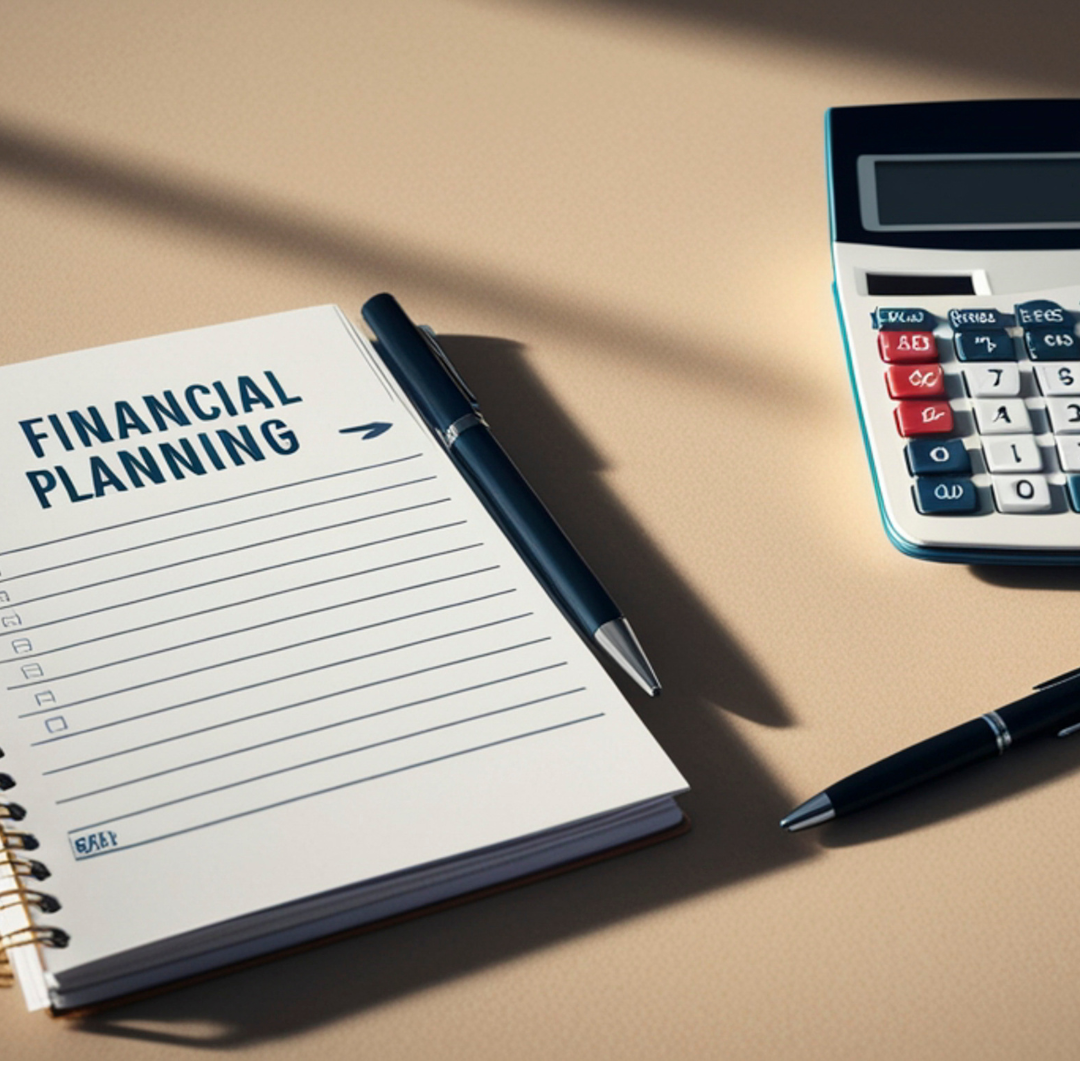Financial planning and the reality of achieving financial success.
It’s about developing good habits and making strategic decisions that will benefit you in the long run. It’s about setting financial goals and taking actionable steps to achieve them.
Financial Planning helps you decide:
- How much money do you need for everyday expenses?
- How to save for big things, like a house, a vacation, or retirement.
- How to get out of debt and avoid money troubles.
- How to invest and grow your money over time.
Without a plan, it’s easy to overspend and struggle to pay bills. With a good plan, you can feel confident and have control of your future.
Why Is Financial Planning Important?
Here are some of the most significant benefits of having a financial plan. It’s a valuable tool for anyone seeking to control their financial future.
Here’s why it matters:
- Clarity and Direction: A financial plan provides a clear format for identifying and prioritizing your goals.
- Reduces Stress: Knowing where your money goes eliminates the worry of unexpected expenses.
- Helps You Save Money: A plan enables you to set aside money for future needs, such as emergencies or retirement. (job loss, medical bills).
- Gives You Financial Freedom: With a plan, you don’t have to live paycheck to paycheck. You can afford what matters to you.
- Builds wealth Over Time: The earlier you start planning, the more money you can grow through saving and investing.
How to Get Started with Financial Planning
Now that you understand the importance of financial planning, let’s review the simple steps to create your financial plan.
Step I: Know Your Income & Expenses
Before planning, you must know how much money comes in.
Write down:
- Your income (from your job, business, or side hustle).
- Your expenses (bills, groceries, rent, car payments, etc).
- Use a budgeting app like Mint or YNAB to track your spending.
Step 2. Create A Budget
A budget is a plan that helps you spend less than you earn. The 50/30/20 rule is a great place to start:
- 50% for needs (rent, food, bills).
- 30% for wants (entertainment, eating out, hobbies).
- 20% for savings & debt repayment.
Step 3. Pay Off Debt
Debt can slow down your financial success. If you have credit card debt, student loans, or personal loans, pay them off as quickly as possible.
Tip: To motivate yourself, use the snowball method, where you pay off the smallest debt first, or the avalanche method, where you pay off the highest-interest debt first, to save money.
Step 4. Build An Emergency Fund
An emergency fund is money saved for unexpected expenses, such as car repairs, job loss, and home repairs.
- Start with $500 to $1,000 if you’re beginning.
- Try to save 3-6 months of living expenses.
Tip: Keep this money in a high-yield savings account so it earns interest while remaining easy to access when needed.
Step 5. Save For The Future
Once you have control of your budget and debt, it’s time to consider what’s ahead.
- Retirement: Open an RRSP or TFSA to grow money for your future.
- Buying a home: Start saving for a down payment if homeownership is a goal.
- Investing: Stocks, bonds, and index funds can help your money grow.
Tip: If investing sounds scary, start with a Robo-advisor like Wealthsimple, which automates everything for you.
Step 6. Protect Your Finances
Financial planning isn’t just about making money; it’s also about protecting it!
- Get insurance (health, car, life insurance) to protect against unexpected losses.
- Make a will to decide what happens to your money if something happens to you.
- Be wary of scams and never share personal financial information with strangers.
What Not To Do In Financial Planning
- Don’t ignore your budget; if you spend more than you earn, you’ll never get ahead.
- Don’t take on too much. Credit cards and loans can trap you in financial stress.
- Don’t wait too long to start. The sooner you plan, the more time you have to grow wealth.
- Don’t fall for “get rich quick” schemes. Stick to proven money strategies.
Financial planning is for everyone who wants to take control of their money and build a better future.
By following the steps above, you can reduce stress, grow your savings, and make smarter financial decisions.
Always consult with a financial advisor.
Check out this article:https://masteringpersonalfinances.com/turn-your-financial-dreams-into-reality/





